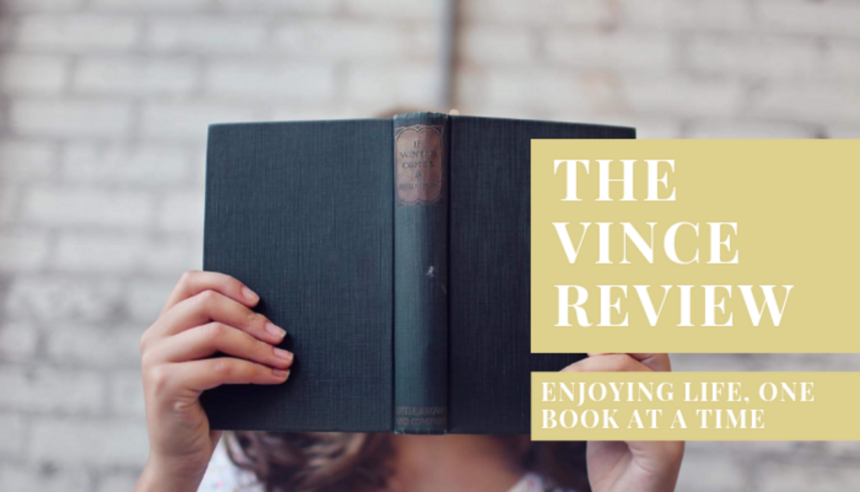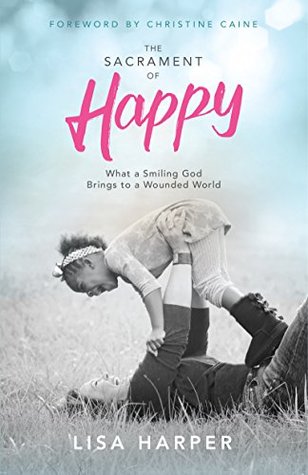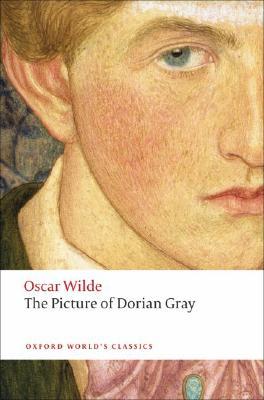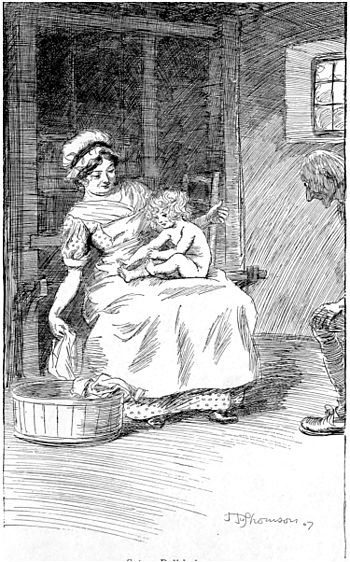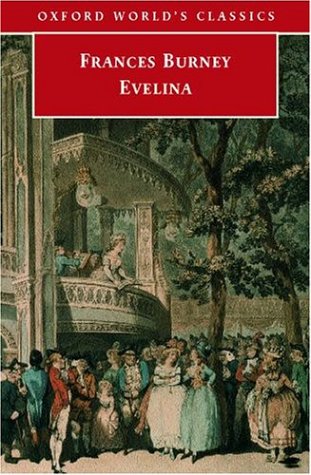Taken from the poverty of her parents' home, Fanny Price is brought up with her rich cousins at Mansfield Park, acutely aware of her humble rank and with only her cousin Edmund as an ally. When Fanny's uncle is absent in Antigua, Mary Crawford and her brother Henry arrive in the neighbourhood, bringing with them London glamour and a reckless taste for flirtation. As her female cousins vie for Henry's attention, and even Edmund falls for Mary's dazzling charms, only Fanny remains doubtful about the Crawfords' influence and finds herself more isolated than ever. A subtle examination of social position and moral integrity, Mansfield Park is one of Jane Austen's most profound works.
MY THOUGHTS:
First off, this review may have a few mild plot spoilers. Old classics are fair game.
You rarely hear people call this their favourite Austen novel, although plenty call it their least favourite. Yet it was one Jane Austen claims to have put most heart and soul into, taking 2.5 years to write. As a teenager I found it a bit slow and long-winded, and thought it was high time for a re-read to see if it deserves vindication.
So here's a quick summary. The wealthy Sir Thomas Bertram and his family offer to foster one of his impoverished sister-in-law's children to help lighten her load. That's how shy Fanny Price ends up living at Mansfield Park, where she's treated a bit like a general lackey and can't bond with her privileged girl cousins. Her cousin Edmund is kind to her, and earns her undying devotion. The year Fanny turns 18, a brother and sister named Henry and Mary Crawford move in nearby, and turn everyone's worlds upside down, including their own.
 I guess the big question is, 'Are you a Fanny fan?' because your enjoyment of the novel may hinge on that. In a way, I take criticisms of Fanny to heart, since they're like digs at me too. She's been tagged an INFP (see here.) which is my Myer Briggs personality type. People like me and Fanny tend to have a tough time involving ourselves in whatever's going on, because our minds go blank in social situations, although they may be teeming at other moments. And because we conceal such a lot under the surface, people don't really get us. They may assume we're open books, but it's not strictly true. We need to make peace with being sidelined or misunderstood, because that's just a side-effect of how we're wired. Since we're not naturally forthcoming enough to give others much idea of who we are, we can't expect them to work it out intuitively. Maybe it takes one INFP to recognise another, and refreshing characters like Fanny Price help me to embrace my own style. That's why I am a Fanny fan on the whole.
I guess the big question is, 'Are you a Fanny fan?' because your enjoyment of the novel may hinge on that. In a way, I take criticisms of Fanny to heart, since they're like digs at me too. She's been tagged an INFP (see here.) which is my Myer Briggs personality type. People like me and Fanny tend to have a tough time involving ourselves in whatever's going on, because our minds go blank in social situations, although they may be teeming at other moments. And because we conceal such a lot under the surface, people don't really get us. They may assume we're open books, but it's not strictly true. We need to make peace with being sidelined or misunderstood, because that's just a side-effect of how we're wired. Since we're not naturally forthcoming enough to give others much idea of who we are, we can't expect them to work it out intuitively. Maybe it takes one INFP to recognise another, and refreshing characters like Fanny Price help me to embrace my own style. That's why I am a Fanny fan on the whole.I can understand how both she and Edmund may get on readers' nerves though. They tend to stay on their high horses, and sometimes remind me of the type of people you find on social media who write, 'I find that highly offensive,' while you blink and say, 'Huh... why?' There's something a bit moralistic about the pair of them hanging back, whispering together about the shortcomings of others. Fanny's snap judgments would surely amaze those they were directed at. Poor Mary Crawford had no idea of all the harsh things meek little Fanny was thinking about her. And although Edmund was in love with Mary, he was so set in his lofty position that he expected her to do all the changing to make their relationship work. To use an Austenesque phrase, everyone who doesn't agree with Edmund and Fanny has a 'perversion of mind'.
In her book The Spirituality of Jane Austen, Paula Hollingsworth suggests that Fanny takes on the role of Old Testament prophet. She's the only one who clearly perceives the moral corruption which is simmering under the surface at Mansfield Park, yet she's the least esteemed. If you agree with this opinion, you may well love the novel. Yet if you think she too often crosses the line to sanctimoniousness and priggishness, you might hate it! I could see both sides, which is perhaps why I strongly like but not love it.
One character who always evokes strong emotion from me is the mean old aunt, Mrs Norris! She's got the Dolores Umbridge type of nastiness. She's a big talker who never backs up her claims of goodness with action, although she's convinced herself they're all true. What's more, she's a stingy person who genuinely thinks she deserves a reputation for generosity. Mrs Norris makes it sound as if she pushed for the Bertrams to take Fanny so they could do her good, but she really wants to use Fanny to do good for them. She forever keeps Fanny in her place with cruel put-down comments to remind her where she came from. As I said, it's Dolores Umbridge style hypocrisy. How I wish there'd been some centaurs to rush her off into the forest.
Now for the Crawford siblings - whoa! They're a couple of the most likeable anti-heroes you might find, and some readers prefer them over Edmund and Fanny. They're bright and cheerful with keen senses of humour and spades of charisma. But Jane Austen clearly never intended us to get too fond of them. Henry was a playboy who liked toying with the affections of hard-to-get women for fun, and Mary was a shallow, ambitious girl who was flippant about truly good things. But they weren't truly hardened baddies. They got burned in the games they were playing too, which makes it impossible for me to regard them as real villains.
Oh Henry, what a duffer you were! I think part of the sad aftertaste of Mansfield Park was that it was he who kept playing on my mind rather than Edmund. He keeps making me imagine that the ending had been different. What if Henry had won Fanny? Would she have reformed him into the type of straitlaced man she admired, or would he have helped her to lighten up a bit? Is he really incapable of staying true to one individual woman? I'd love to see a girl like Fanny attempt to find out. My guess is that he'd possibly get restless, itchy feet after a few years of marriage to her, but maybe not. The alternative ending of their marriage has a dash more romance than the Fanny and Edmund one.
I think on the whole, there's a lot of good in this story to balance the bit of bad. Sure, Edmund and Fanny aren't the greatest romance in literature, but as a social commentary and family saga it's great. And certainly Fanny may come across a bit passive and wimpish to some, but don't forget the courage she showed in persisting to refuse a proposal of a man she wasn't in love with, when every intimidating member of her family was practically ordering her to accept.
It's one of those books that whether people say, 'I love it' or 'I hate it', I might be able to see where they're coming from. If you've read Mansfield Park, I'd love to know which side of the fence you stand on.
Some good quotes
There are not so many men of large fortune in the world as there are pretty women to deserve them (Nothing's changed)
Maria and Julia's vanity was in such good order that they seemed to be quite free from it.
Fanny's mind had scarcely known a pause in alarm or embarrassment.
'As the clergy are or are not what they ought to be, so are the rest of the nation' (Edmund)
'A large income is the best recipe for happiness I ever heard of'' (Mary)
'If we have been kind to her, she is now quite as necessary to us' (Sir Thomas)
🌟🌟🌟🌟
